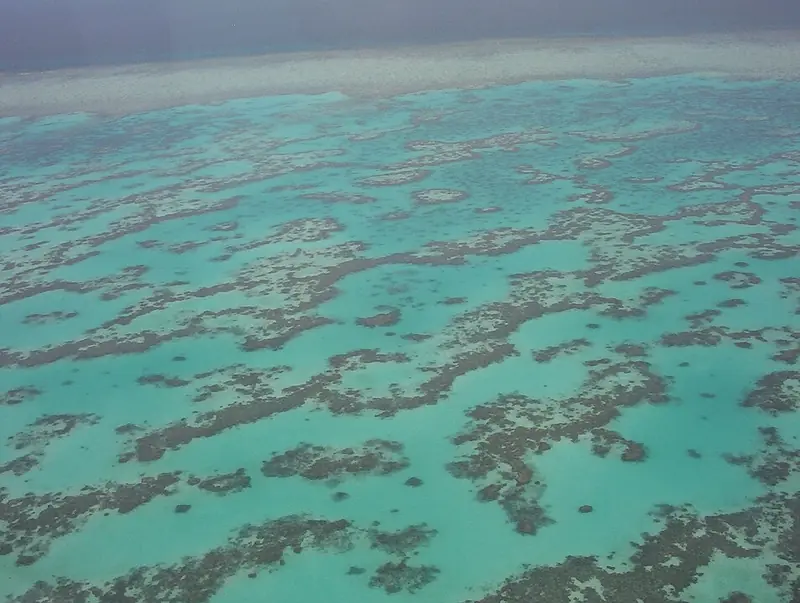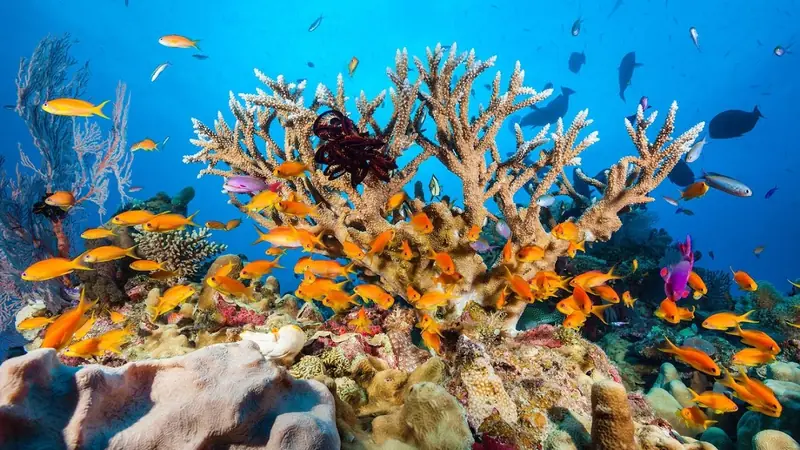Scientists are sounding the alarm: new evidence of global warming suggests that humanity is approaching a point of no return. The Great Barrier Reef (GBR) is the largest coral reef in the world, stretching 2,500 kilometers along the northeastern coast of Australia. It covers an area of about 344,400 square kilometers, making it the largest natural structure on Earth created by living organisms. It can even be seen from space. However, the ecosystem of this colossal reef is under threat: due to the climate crisis, it is losing an increasing number of corals.

What are researchers warning about? According to scientists, the Great Barrier Reef is nearing an irreversible “critical point” as it continues to “take hits” from global warming. Researchers report that some areas of the reef have recently recorded the highest levels of coral mortality in the history of observations. The Australian Institute of Marine Science (AIMS), which began monitoring the GBR in 1985, surveyed 19 of its reefs from August to October this year. During this period, 12 of them suffered from a reduction in coral cover. Dr. Mike Emslie, the head of AIMS, stated that one of the main factors contributing to coral loss is thermal stress caused by climate change. Scientists have also confirmed the fifth mass bleaching event of the reef in the last eight years. The issue is that the ongoing heat, pollution, and tides cause corals to expel the algae living in them, leading to a loss of their vibrant color, which turns white.

If the heat continues to impact the giant reef, the algae will not recover, and the corals will die. In the coming months, AIMS plans to survey several more reefs. While bleached corals are not dead, they are at a higher risk of mortality. Such tragic occurrences are becoming increasingly common in the context of the climate crisis, as reported by the Daily Mail. Interestingly, previous studies have shown that corals can recover from bleaching if they quickly receive nutrients. However, without these nutrients, they can perish within a few days.
